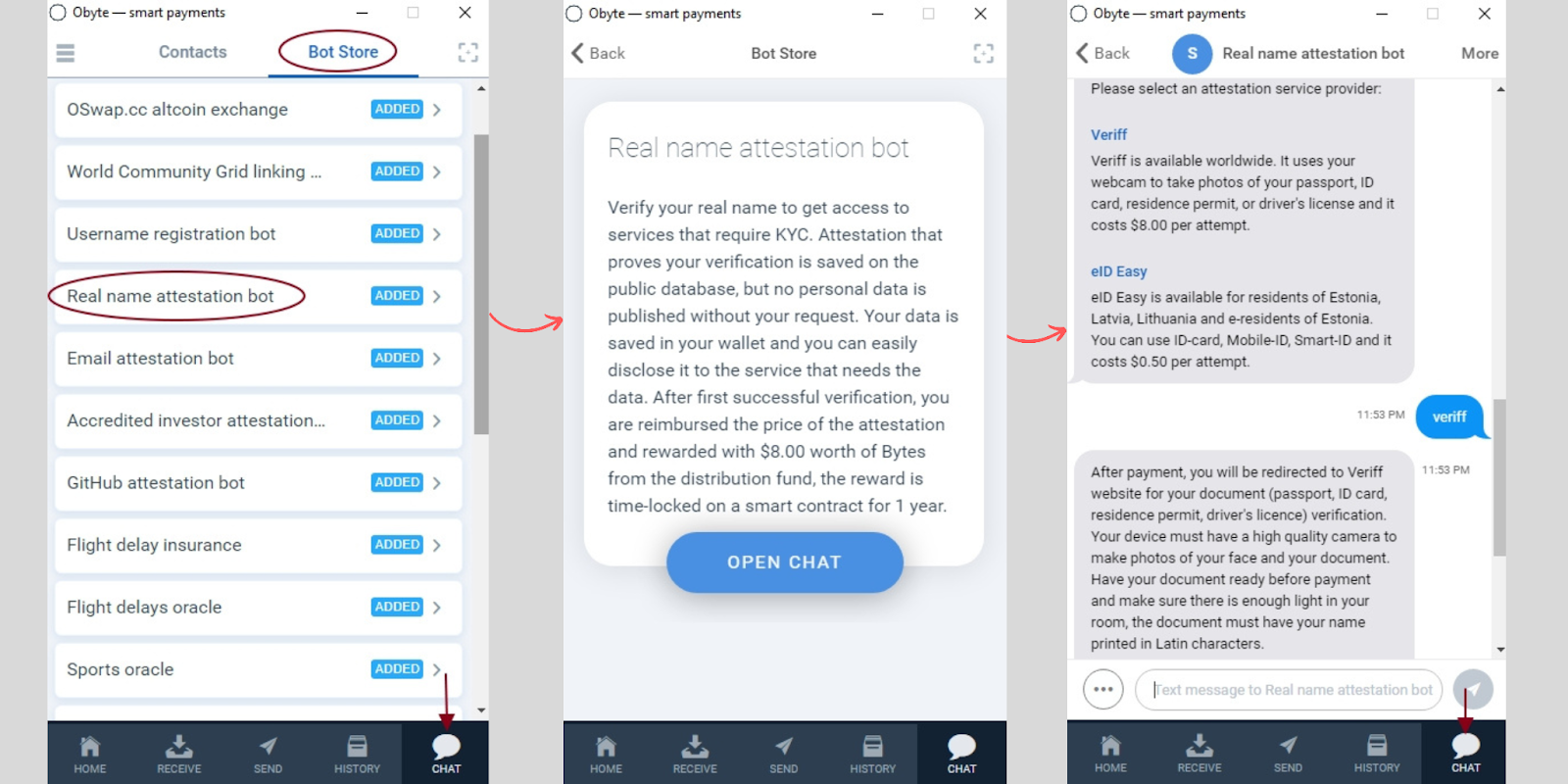This content originally appeared on HackerNoon and was authored by Obyte
\ In Obyte, a contract with arbitration allows parties to set their own terms and lock funds until specific conditions are met. If a dispute arises, an arbiter from the ArbStore steps in to resolve it, similar to dispute resolution systems on platforms like eBay or Amazon, but more decentralized (meaning that the parties are free to choose their arbiter rather than being handed one by a centralized platform), faster, and cheaper. In the process, all arbiters can take a percentage per successfully resolved contract —and anyone can register as an arbiter if they meet certain requirements.
\ Let’s remember that the ArbStore is a decentralized escrow platform where anyone with an Obyte wallet can find potential arbiters for their contracts with arbitration or apply to become an arbiter themselves. Both of these things can be done without coding and without relying on external parties.
\ Neither the ArbStore nor the Obyte team holds funds in any part of the process. Coins are safely locked in a smart contract stored in the Obyte network, while the data is always inside the users’ devices. So, you can make international payments with cryptocurrencies from any place, at any time, and protected against malicious parties. Now, if you want to participate as an arbiter for other users, there are some things you should know first.
\
What Do You Need?
Arbiters are expected to possess specific qualifications, including relevant education in law or related fields, practical experience in dispute resolution or arbitration, expertise in indicated subject matters, and proficiency in relevant languages. They must demonstrate impartiality, excellent communication skills, technical competence for online sessions, and adhere to high ethical standards.
\
Additionally, they should align with ArbStore’s privacy policy, maintain confidentiality, and determine their fees transparently. Other than this, some knowledge about the Obyte network and, of course, a wallet of their own is a must. They won’t need to code, but they’ll need to be able to handle and protect their wallets properly.
\ Continuing obligations for arbiters include participating in onboarding processes covering privacy policies, confidentiality, fee determination, and technological proficiency. They may also engage in continuing education to stay updated with legal and dispute resolution developments and undergo periodic performance reviews by ArbStore to ensure ongoing compliance with high service standards.
\ \n
Five Steps
If you meet the criteria, there are some simple steps you can follow to become an arbiter without complex issues or long waiting periods.
\
- Prepare Your Obyte Wallet: Ensure you have an Obyte wallet set up, backed up, and ready to use, with some minimal GBYTE funds in it for transaction fees and attestations —often between $0.00001 per transaction and $8 per attestation.
\
- Complete Real-Name Attestation: Go through the real-name attestation process within the wallet (Chat – Bot Store), which includes a small starting fee. This process helps establish trust with users and is essential for becoming an arbiter. The integrated chatbot will provide all instructions.
\
\
- Share Your Professional Background: Provide a detailed bio on the platform, including your professional background, expertise, preferred topics, approximate fees, spoken languages, and how you protect your wallet.
\
- Register with the ArbStore Chatbot: Follow the instructions provided by the ArbStore chatbot within the wallet to sign up as an arbiter (Chat–Bot Store). This will involve confirming your details and agreeing to the terms and conditions.
\
- Start Arbitrating and Keep Up Good Work: Once registered, you can start arbitrating disputes and earning fees for your services. However, take into account that if you’re not doing a great job at it or you’re not meeting basic requirements, you can be unlisted by moderators.
\
What Will You Earn?
This will entirely depend on the number of disputes you help to solve and the funds involved in those contracts. Besides, every arbiter has the right to set their own rules for determining the fees for dispute resolution, considering the complexity of each case and the amount of locked coins. They’ll receive their payment only after solving the dispute, though.
\ For example, an arbiter might set a 3% fee for a complex corporate contract involving $100,000 in USDC, earning $3,000 for resolving the dispute. Alternatively, for a simpler contract involving $5,000 between individual parties, the arbiter might offer a 2% fee, earning $100 after the resolution. However, it’s likely that most arbiters set a minimum to work for (for instance, 2% / minimum $100 as a final fee/max $5k). Their percentages should fall as the amount involved grows. These figures are only meant to be illustrative, though. Arbiters may set their own fees and conditions as they find it more convenient.
\ So, we can say that becoming an arbiter in the ArbStore is a rewarding opportunity to gain experience, contribute expertise, and earn cryptocurrencies. If you’re ready to dive in, sign up today and join the community of arbiters!
\ \n \n **
Featured Vector Image by Freepik
\
This content originally appeared on HackerNoon and was authored by Obyte
Obyte | Sciencx (2024-07-19T11:54:04+00:00) Educational Byte: Steps to Start Earning as an Arbiter in the ArbStore. Retrieved from https://www.scien.cx/2024/07/19/educational-byte-steps-to-start-earning-as-an-arbiter-in-the-arbstore/
Please log in to upload a file.
There are no updates yet.
Click the Upload button above to add an update.


